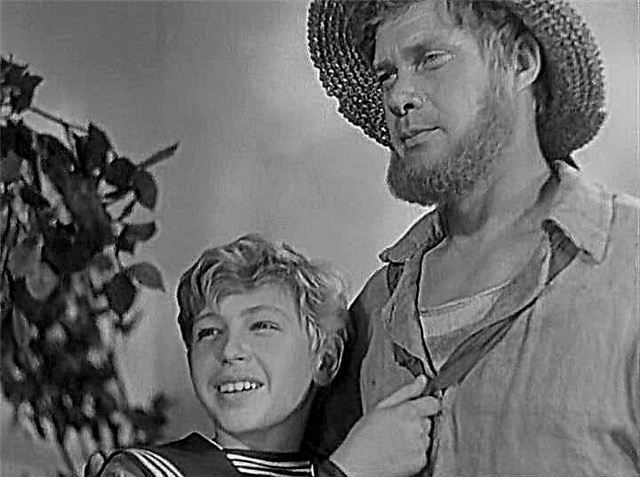The goal is what motivates us to live. Therefore, it is always important not to deviate from it, but to go to the end. We do not live half, which means that the goal must be achieved in full, otherwise it makes no sense. But maybe there are exceptions to this rule? Let us turn to the literature in search of an answer.
In A. Kuprin’s novel “Garnet Bracelet”, the hero lived for the love of the beautiful princess. He did everything in order to give her pleasure: he wrote letters, and even sent an expensive gift on his name day. The purpose of his life was only the realization that his passion warms her heart, that at least she allows herself to be loved. If he walked to the end, that is, achieved her reciprocity, his feelings would have lost their significance and acquired a hint of vulgarity and crime, because he would have molested a married woman. She probably would have rejected him, and even he, tired of fighting on the ice, would lose any incentive to continue to do so. Before us would be no longer a love story, but a detective story, because instead of a modest and miserable lover we would see an uncontrollable and dangerous maniac. In this example, Zheltkov was not supposed to achieve the goal, it was enough for him to simply perpetually move towards it, as a guiding star. She, of course, can not be reached, but just look at her to find the way.
Another example was described by A. S. Pushkin in the novel in the poems "Eugene Onegin." The goal of Tatiana was a relationship with Eugene, because he was her first and only love. She was ready to be humiliated for the sake of his attention, since at that time the girl's love affair was considered an unworthy manifestation of licentiousness, this could forever ruin her reputation. She was not afraid of this and yet sent a letter to Onegin. But, having received a refusal, the girl did not go to extremes. After some time she married at the insistence of her mother, she became a respected woman in high society. When Eugene himself came with recognition, Tatyana refused him, and did not go to the end in achieving the goal. She faced new circumstances, and she considered them more significant than love, which did not pass.
Thus, in achieving the goal you need to go to the end, but at the same time do not forget about the moral aspects. If moral values that cannot be violated in any way get in the way, then you need to limit yourself to not rereading the voice of conscience.





 Hyperion
Hyperion





